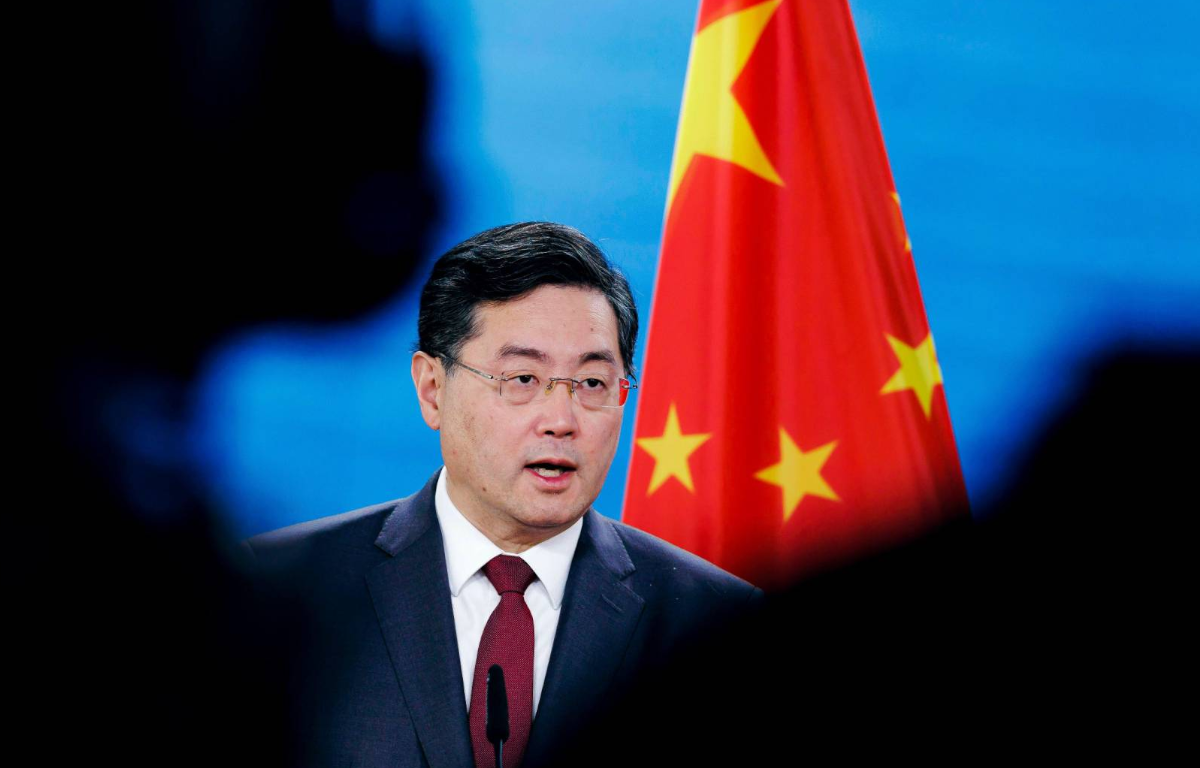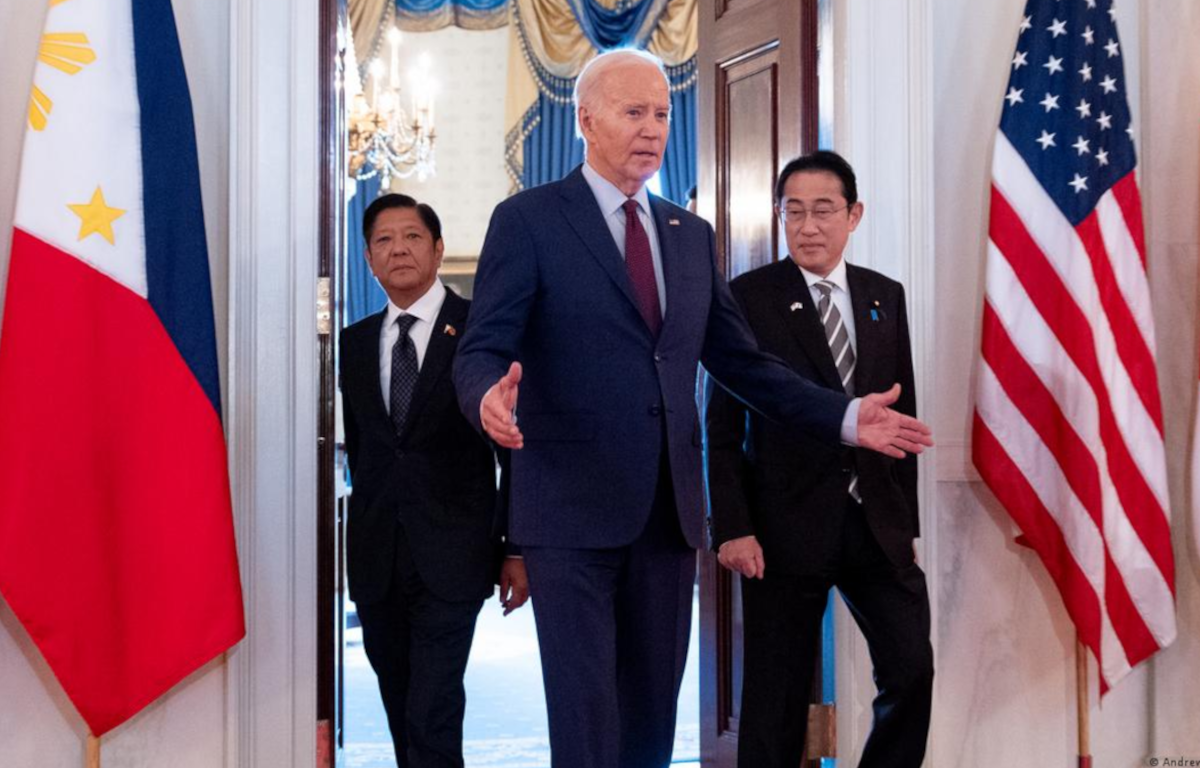
China’s expansion of its power to arrest foreigners for alleged espionage has raised concerns among human rights groups and foreign governments. This development has come amidst rising tensions between China and other countries, particularly the United States, over issues such as trade, human rights, and territorial disputes in the South China Sea. Some experts believe that the new law is part of a broader trend towards greater assertiveness in China’s foreign policy, aimed at protecting its national interests and global ambitions.
However, critics have raised concerns about the lack of transparency and due process in China’s legal system, which could lead to the arbitrary detention of innocent individuals. The Chinese government has defended the new law as necessary for national security and has stated that it will be applied fairly and transparently.
Human rights organizations have expressed alarm at the development, pointing out that China has a history of using national security laws to silence dissidents and suppress dissent. They fear that this new power to arrest foreigners could be used to intimidate and silence foreign journalists, academics, and activists who speak out against Chinese policies.
The expansion of China’s power to arrest foreigners for alleged espionage is a concerning development that raises issues of human rights and due process. While the Chinese government has defended the law as necessary for national security, critics fear that it could be used to suppress dissent and intimidate foreign journalists, academics, and activists. The move is also seen as part of a broader trend towards greater assertiveness in China’s foreign policy, which has led to tensions with other countries.










Share this: